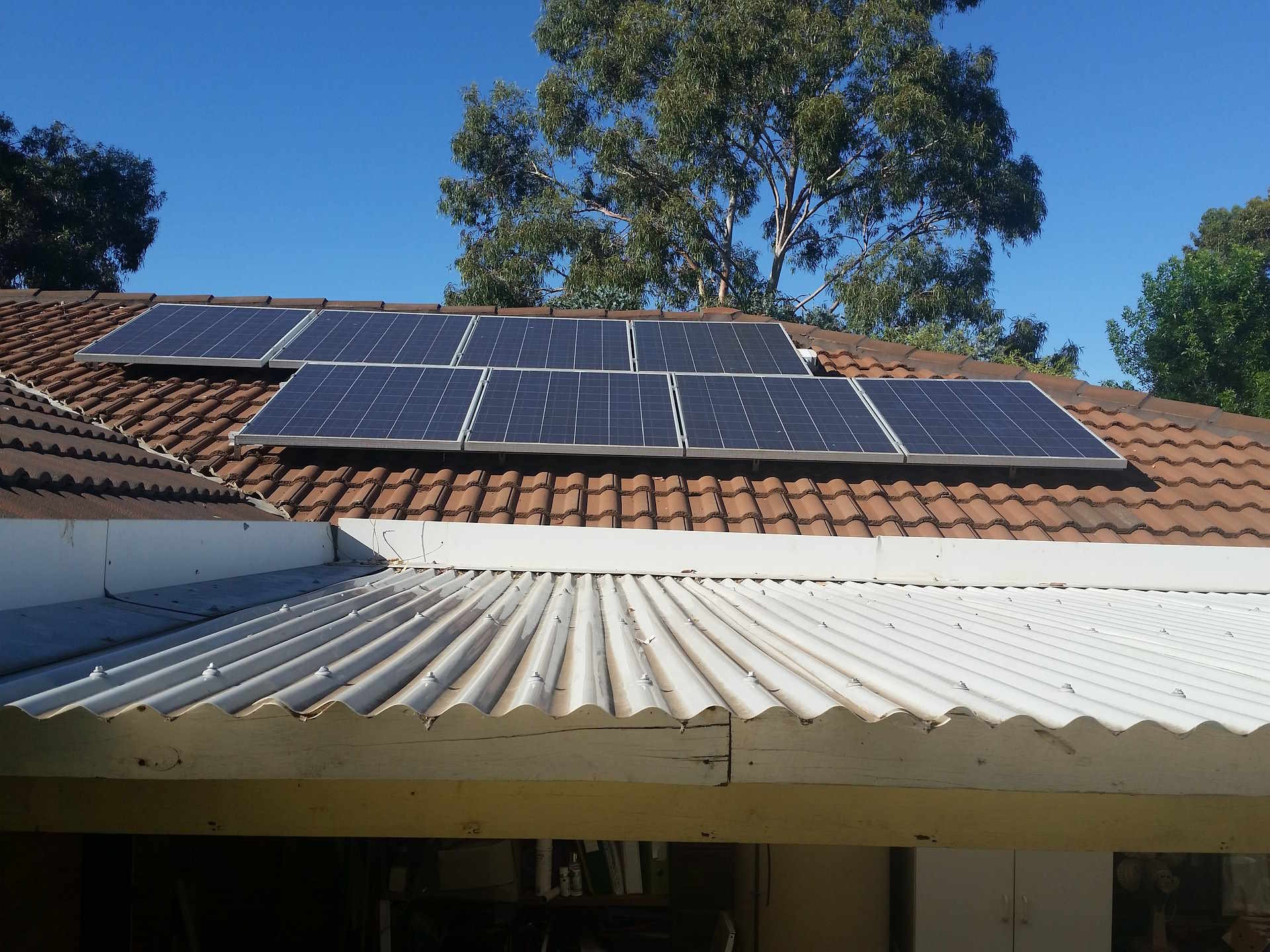Thinking About Solar? You Might Be Eligible for Savings
Thinking about reducing your energy bills? Solar power might be more attainable than you think. Many local services now offer simple steps to explore your options. Discover how residential solar can help your home become more energy-efficient and future-ready.

Why is now the right time to install solar panels?
The solar industry has seen remarkable advancements in recent years, making it an increasingly attractive option for homeowners. Improved technology has led to more efficient and durable solar panels, while installation costs have decreased significantly. Additionally, many states and the federal government offer incentives and tax credits to encourage solar adoption. These factors combine to create a favorable environment for homeowners looking to invest in solar energy.
What financial incentives are available for solar installations?
One of the most significant incentives for solar adoption is the federal solar investment tax credit (ITC). As of 2023, this credit allows homeowners to deduct 30% of the cost of installing a solar energy system from their federal taxes. Many states also offer additional tax credits, rebates, or performance-based incentives. Some utility companies provide net metering programs, allowing homeowners to sell excess energy back to the grid, further increasing potential savings.
How much can you save with solar panels?
The amount you can save with solar panels depends on various factors, including your location, energy consumption, and the size of your solar system. However, many homeowners report significant reductions in their electricity bills after installing solar panels. In some cases, homeowners have been able to eliminate their electricity bills entirely. Over the lifespan of a solar system (typically 25-30 years), the savings can be substantial, often outweighing the initial investment.
What are the environmental benefits of switching to solar?
Beyond the financial advantages, solar energy offers substantial environmental benefits. By generating clean, renewable energy, solar panels help reduce reliance on fossil fuels and decrease greenhouse gas emissions. A typical residential solar panel system can offset the equivalent of 4-5 tons of carbon dioxide per year. This reduction in carbon emissions is comparable to planting over 100 trees annually.
What are the top questions to ask a solar installer?
When considering solar installation, it’s crucial to ask the right questions to ensure you’re making an informed decision. Here are some key questions to ask potential solar installers:
-
What is the total cost of the system, including installation?
-
What warranties are provided for the panels and inverter?
-
How long will the installation process take?
-
What type of maintenance is required?
-
How will the system affect my roof’s integrity?
-
What is the expected energy production of the system?
-
Are there any local zoning restrictions or homeowners association rules to consider?
How do you choose the right solar system for your home?
Selecting the appropriate solar system for your home involves several considerations. First, assess your energy needs by reviewing your past electricity bills. This will help determine the size of the system required. Next, evaluate your roof’s condition, orientation, and shading to ensure it’s suitable for solar panels. Consider the different types of solar panels available, such as monocrystalline, polycrystalline, or thin-film, each with its own efficiency and cost considerations. Finally, research and compare different solar installers to find a reputable company with experience in your area.
| Solar Panel Type | Efficiency | Cost Estimation | Best For |
|---|---|---|---|
| Monocrystalline | 20-22% | $1.00 - $1.50 per watt | Limited roof space, high efficiency needs |
| Polycrystalline | 15-17% | $0.90 - $1.20 per watt | Budget-conscious homeowners |
| Thin-Film | 10-13% | $1.00 - $1.30 per watt | Large, unobstructed roof areas |
Prices, rates, or cost estimates mentioned in this article are based on the latest available information but may change over time. Independent research is advised before making financial decisions.
In conclusion, solar energy presents a compelling opportunity for homeowners looking to reduce their energy costs and environmental impact. With current incentives, improved technology, and potential long-term savings, now may indeed be an ideal time to consider solar panels for your home. By asking the right questions and carefully evaluating your options, you can make an informed decision about whether solar is the right choice for you.




